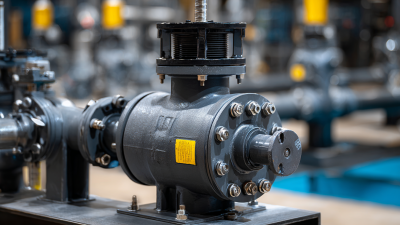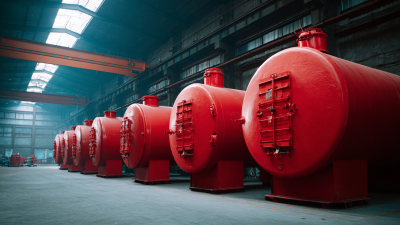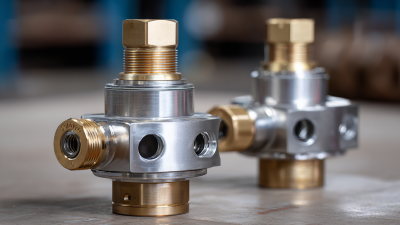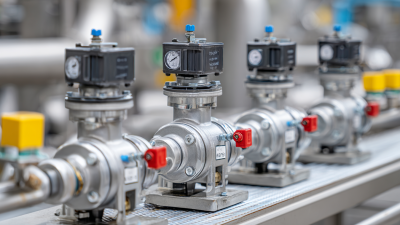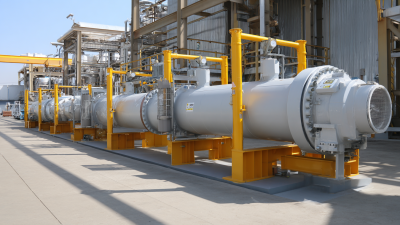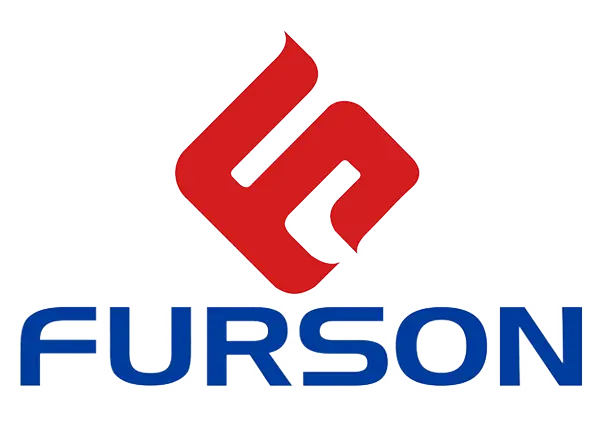Leave Your Message
In the quest for enhanced energy efficiency in water heating systems, the importance of selecting the right Geyser Pressure Valve cannot be overstated. As we navigate through the advancements and innovations of 2025, industry experts agree that optimizing water heating not only reduces utility bills but also contributes to environmental sustainability. Renowned expert in plumbing systems, Dr. Emily Hart, emphasizes, "The right Geyser Pressure Valve can significantly maximize the efficiency of your water heater, ensuring it operates at peak performance while conserving energy."
In the forthcoming analysis of the top 10 Geyser Pressure Valves of 2025, we delve into how these essential components can make a difference in both residential and commercial settings. With features such as superior pressure regulation, enhanced safety measures, and compatibility with modern heating systems, these valves are revolutionizing the way we think about water heating efficiency. By exploring the leading models available this year, we aim to equip homeowners and professionals alike with the insights needed to make informed decisions, ultimately leading to a more efficient and eco-friendly future.
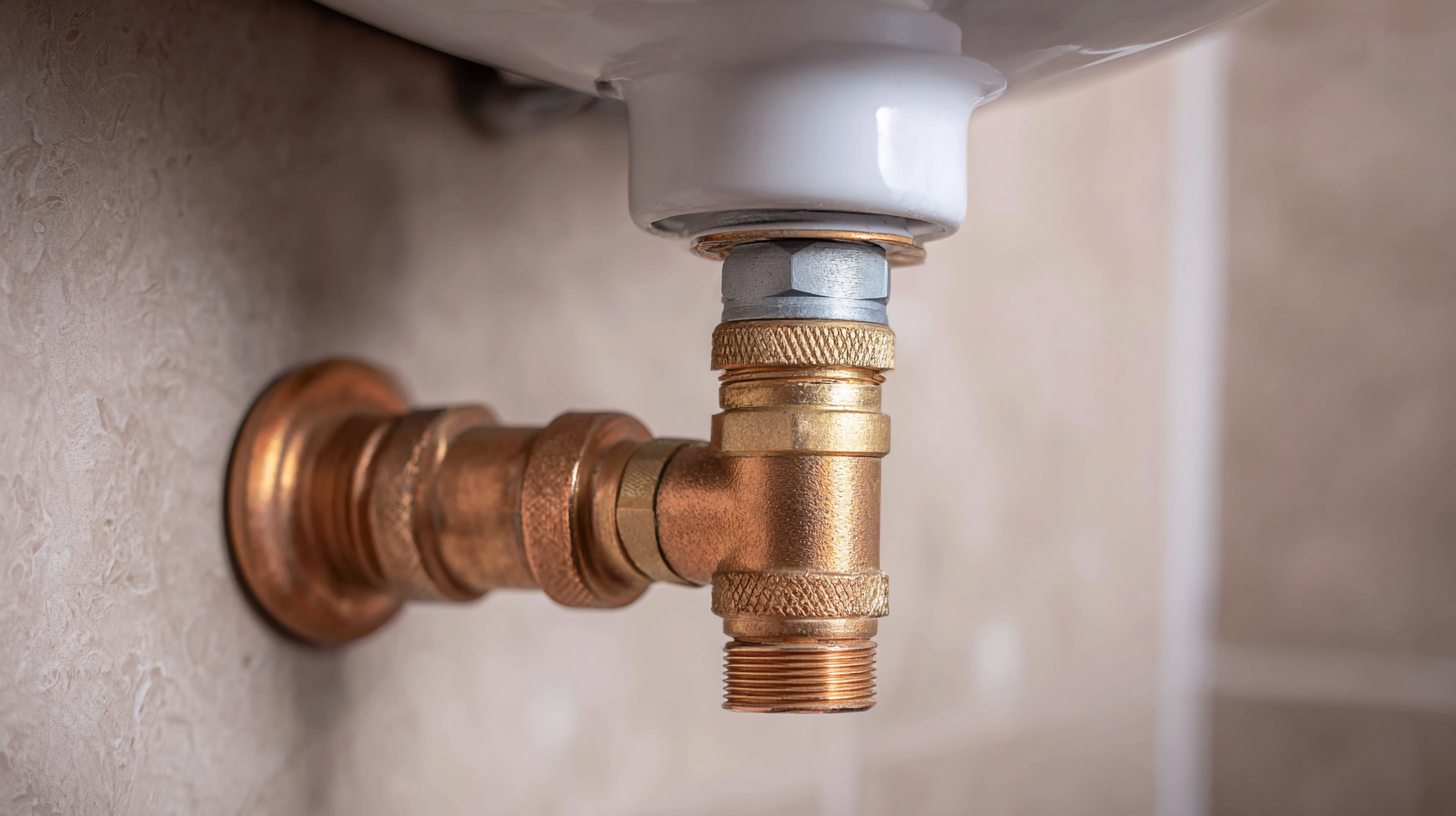
When selecting geyser pressure valves, it's essential to consider key features that maximize efficiency and safety. One critical aspect is the valve's pressure rating; most modern geyser pressure valves are designed to handle pressures between 0.5 to 3.0 bar. According to a report by the Water Heating Association, valves with higher pressure ratings can significantly enhance the lifespan of water heating systems by preventing excessive strain on plumbing.
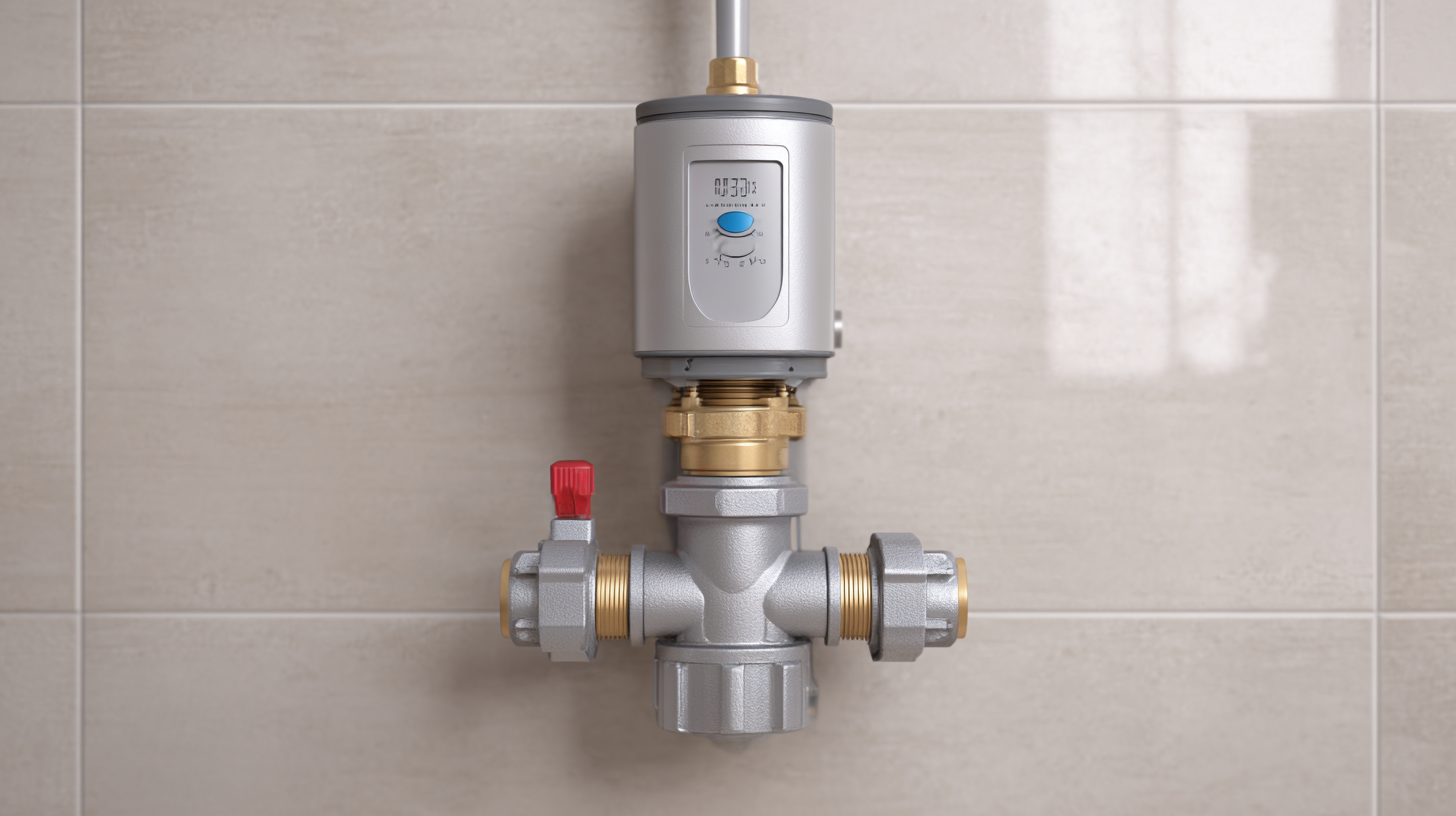
Another vital feature to look for is temperature control capabilities. Advanced models come equipped with thermostatic controls that can automatically adjust the temperature, maintaining optimal performance and preventing scalding. A study by Energy Star revealed that proper temperature regulation could lead to a 10-15% reduction in energy usage, which supports both efficiency and cost-saving measures in water heating.
Finally, durability and material quality are paramount when assessing geyser pressure valves. Valves made from brass or stainless steel are recommended due to their corrosion resistance and longevity. According to industry insights, choosing high-quality materials can reduce maintenance costs by up to 20% over the lifespan of a water heating system, making this a crucial consideration for homeowners looking to optimize their water heating efficiency in 2025.
In the evolving market of geyser pressure valves, several brands stand out for their commitment to innovation and efficiency. Leading the charge is Brand A, renowned for integrating smart technology into their geyser pressure valves. Their products offer advanced features such as real-time monitoring and remote adjustments, ensuring optimal performance and energy savings that cater to modern households.
Another prominent player is Brand B, which has a longstanding reputation for manufacturing durable and reliable geyser pressure valves. With their focus on ease of installation and maintenance, they have become the go-to choice for many professional plumbers and homeowners alike. Additionally, Brand C has made significant strides in eco-friendly technologies, promoting sustainable materials that not only enhance efficiency but also reduce environmental impact. Collectively, these top brands are shaping the future of geyser pressure technology, enabling consumers to achieve greater water heating efficiency while benefitting from innovative designs and superior craftsmanship.
The comparison of energy efficiency between old and new geyser pressure valves reveals significant advancements in design and technology. Older models typically lack the precision and control features that modern valves offer, leading to energy wastage. They often operate inefficiently, maintaining higher temperatures than necessary, which translates to higher energy consumption and costs. These older systems also tend to have limited safety features, increasing the risk of overheating and unnecessary energy loss.
In contrast, new geyser pressure valves are engineered for optimal performance, incorporating advanced mechanisms that adjust the water temperature more precisely. This improvement not only enhances energy efficiency but also contributes to a more consistent water supply at the desired temperature. Modern valves often come equipped with smart technology, allowing users to monitor and control their water heating systems remotely. This functionality helps in reducing energy usage during off-peak times, further promoting eco-friendliness and cost savings. By upgrading to the latest models, homeowners can significantly reduce their energy bills while also supporting a more sustainable future.
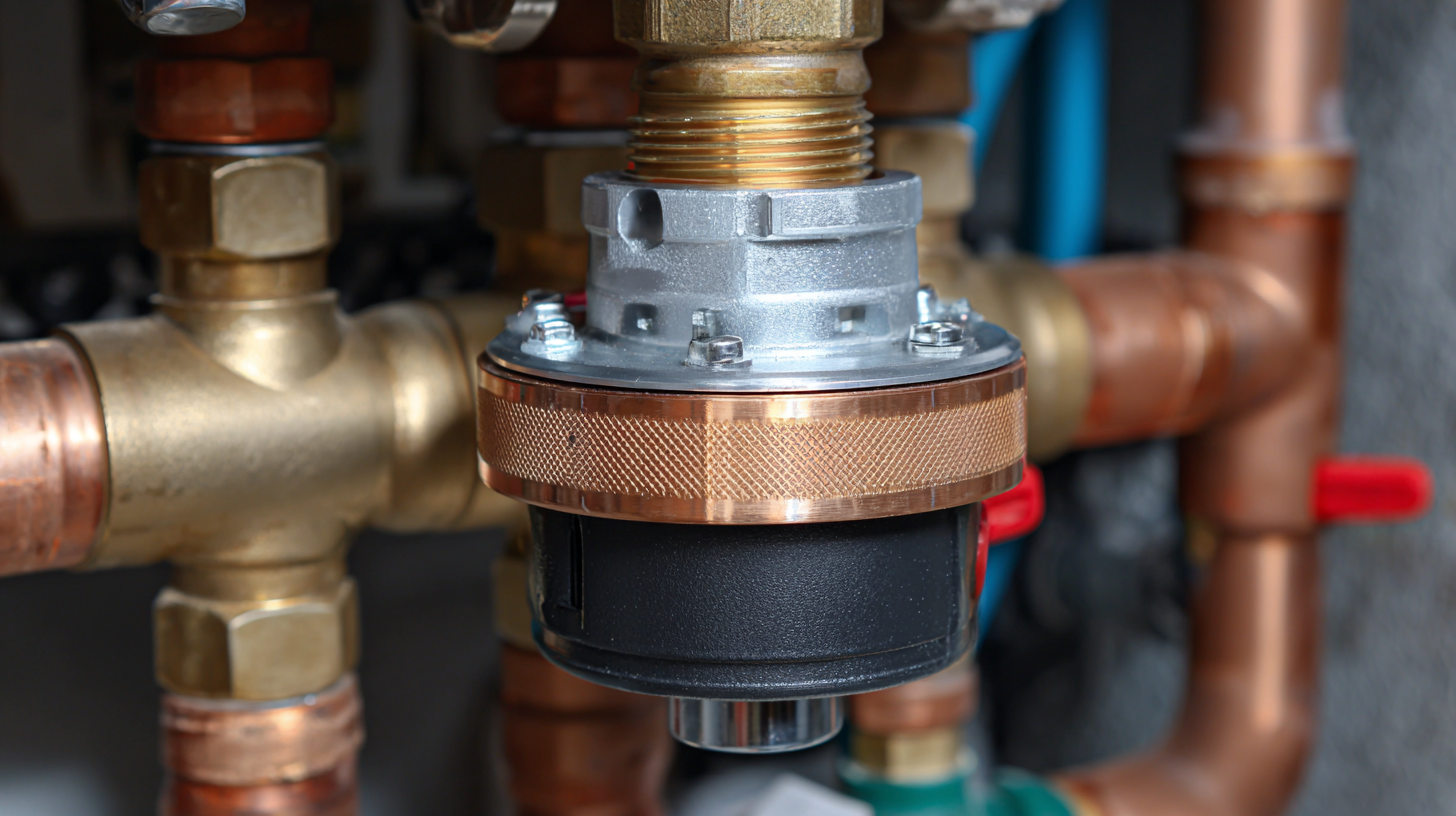
User reviews play a crucial role in understanding the performance of geyser pressure valves, revealing real experiences and insights from those who have integrated these devices into their water heating systems. Many users highlight the importance of efficiency, noting that the top-rated models not only maintain optimal pressure levels but also significantly reduce energy costs. For instance, a user shared how switching to a high-efficiency valve cut their monthly energy bill by nearly 20%, providing a quick return on investment that speaks volumes about the value of choosing the right product.
Additionally, stories of durability and reliability emerge from the user reviews, with many attesting to the longevity of their chosen geyser pressure valves. Customers recount their experiences of installing these devices effortlessly and enjoying peace of mind, knowing that their water heating systems are operating safely and efficiently. Some users emphasize the positive difference in their water heating times, illustrating how the right valve can make daily routines more convenient. These firsthand accounts serve as invaluable resources for prospective buyers, guiding them toward making informed decisions about enhancing their home heating capabilities.
When it comes to optimizing geyser performance, installation and maintenance are pivotal. According to the Department of Energy, proper installation can enhance energy efficiency by up to 30%, significantly reducing utility costs over time. Ensuring correct placement, while also adhering to manufacturer guidelines, is essential for achieving optimal water heating efficiency. For instance, positioning the geyser near the most used hot water outlets minimizes heat loss and improves response times, thus maximizing overall efficiency.
Regular maintenance also plays a crucial role in prolonging the lifespan of geyser pressure valves. Industry reports indicate that routine check-ups can prevent up to 80% of common issues, such as sediment build-up, which can lead to decreased efficiency and potential damage. A simple cleaning of the heating element and tank every year can enhance energy savings by approximately 10%, as less energy is required to heat the water. In addition, monitoring pressure settings and ensuring they are within the manufacturer's specifications can help avoid leaks and reduce the risk of failures, ensuring your geyser operates smoothly and efficiently for years to come.

